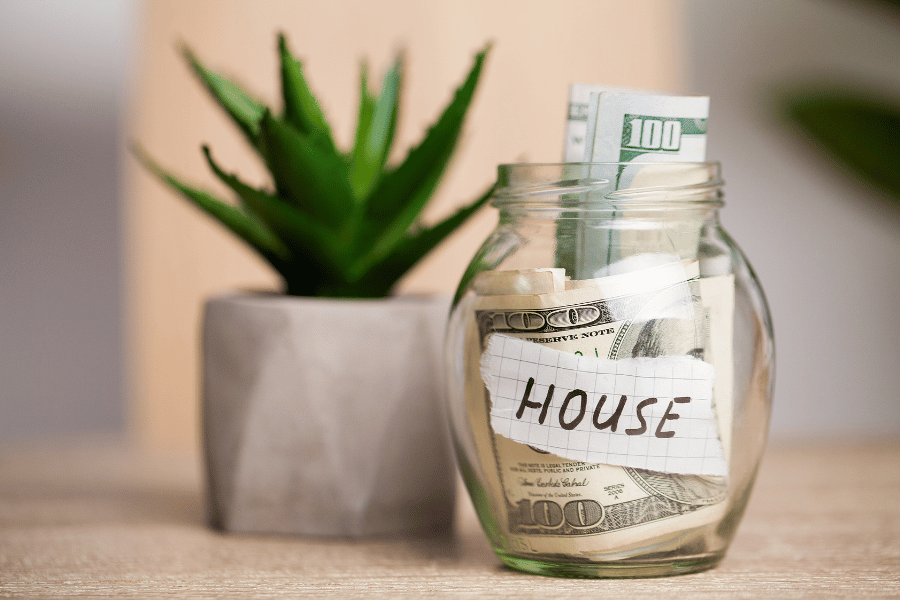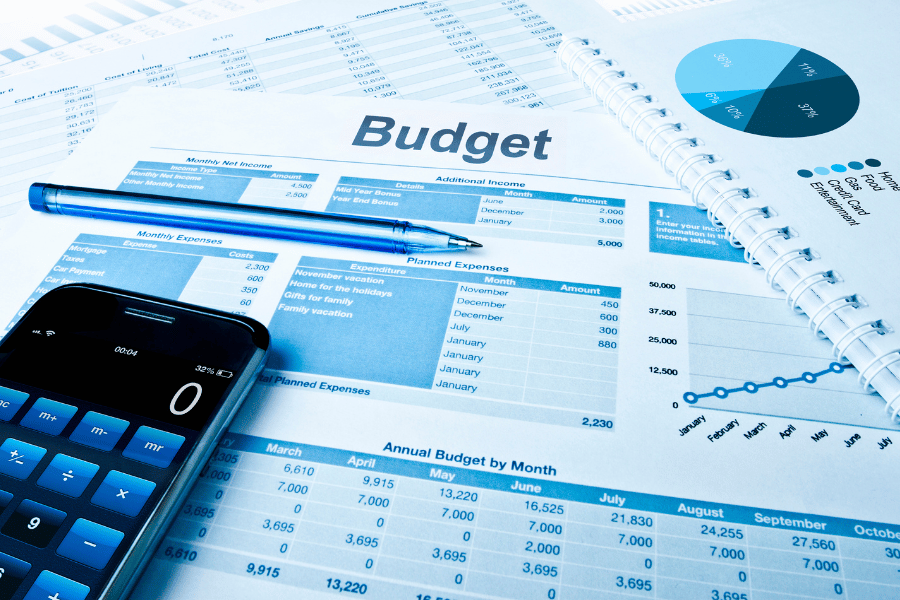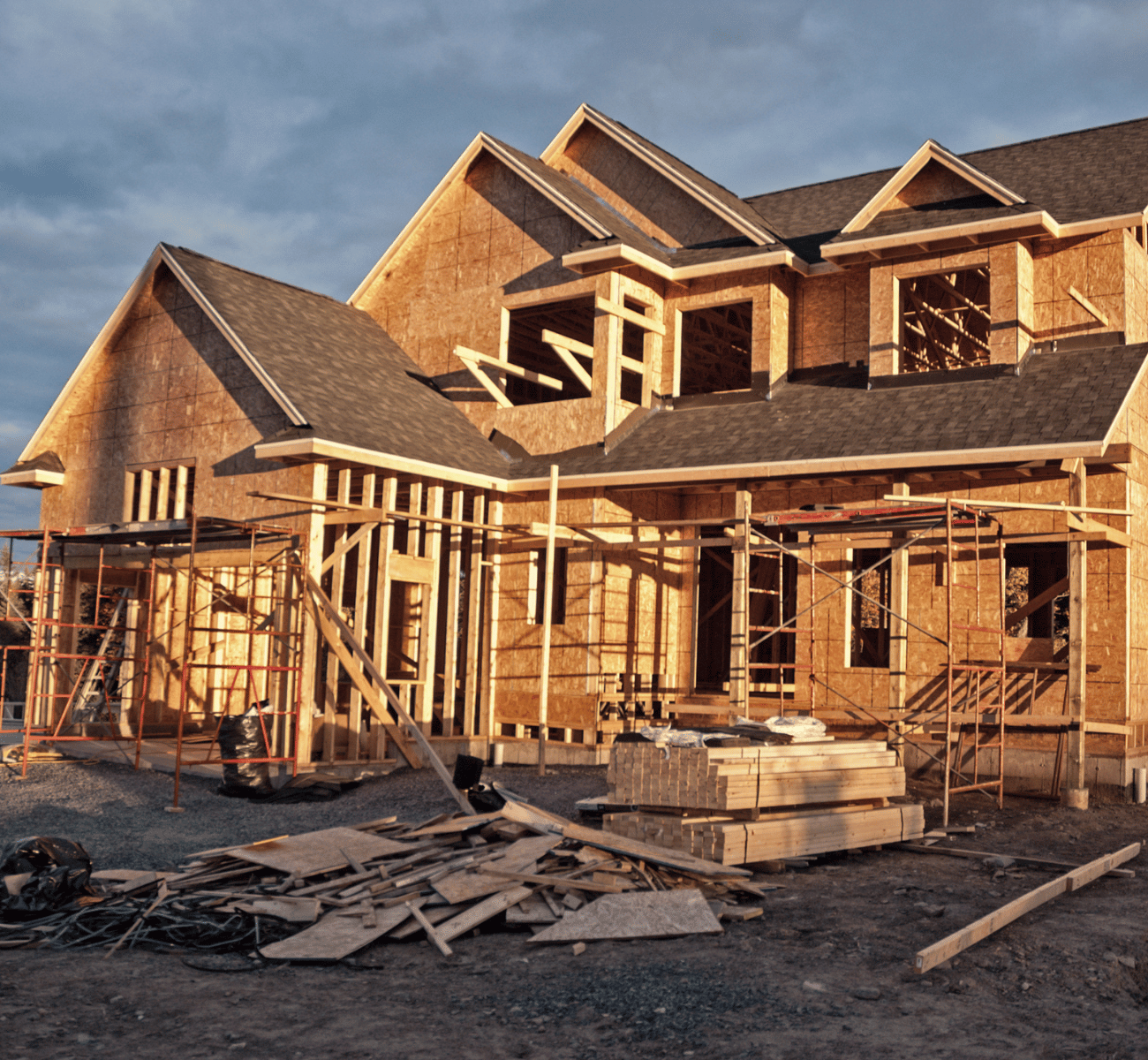10 Ways To Save For a House While Renting
March 16th, 2024

How To Save For a House While Renting
Are you wondering how to save money for a house while renting? Here are ten of the easiest ways to save money for a house!
Unlike homebuying, renting requires no maintenance costs or property taxes. Renting has many pros and cons since amenities are generally free, furniture is typically included, and renters can avoid the upfront investment of buying a house but still live in one.
While there is an ongoing argument about whether or not it is better to rent or buy a home, many renters dream of owning a home of their own but have to save money to do so first.
Owning a home has many benefits, from building equity to taking advantage of tax credits. However, rising interest rates and high housing prices can make it seem like an impossible dream for anyone.
Luckily, if you start saving for a house while renting, you can make this dream a reality much quicker than you think.
Here is how you can save for a house while renting
Chapters
1. Downsize
One of the best ways to save for a house while renting is to downsize. If you rent a smaller home or apartment for a lower price, you will be able to save more money to put towards buying a house.
While living in a smaller home might seem like a step-down, there are many upsides associated with downsizing your home, including saving money on rent, lower utility costs, and spending less time on cleaning.
Downsizing might also mean moving back in with your parents if that is an option. Today, about 45% of adults ages 18 through 29 live at home with their parents to save money.
If you want to buy a home after college, downsizing and moving back in with your parents, even if it is just for a little bit, might be the best way to save money to accomplish this goal.
2. Find a Roommate
Living alone can be appealing, but having a roommate will cut your rent in half and help you save money towards buying a home. Splitting rent, utilities, and other costs is a serious financial benefit and is a way that many people are able to afford to live in areas with a higher cost of living.
While you might associate roommates with college living, many people choose to live with a roommate to share living expenses at any part of their lives. Living with a roommate is also a great way to combat loneliness.

3. Pay Off High-Interest Debt
Paying off debt should be one of your first priorities if you want to save money for a house. Debt is a common financial struggle for many Americans, and tackling high-interest debt in a timely manner will help reduce the amount of total interest you will pay over time.
The most common types of debt in the United States are mortgage, credit card, auto, and student loans. Many credit cards have high-interest rates, so the best thing you can do is pay off your debt before deciding to invest or buy a house. The goal is to put any extra money you have toward a mortgage payment instead of toward debt.
The average credit card interest rate as of March 2024 is 24.37%, one of the highest in years. Over the last ten years, the average APR on credit cards has almost doubled, and interest rate margins are at an all-time high, which is why it is important to pay off debt fast.
4. Cut Back On Unnecessary Spending
This might be easier said than done, but cutting back on unnecessary spending can go a long way when saving money to buy a house. The little things add up, and the more money you save, the faster you can stop renting and buy a home.
While renting, there are many things that you can do to stop spending too much money. Choose to make home-cooked meals instead of going out to eat all the time or have date nights at home by watching movies or having game nights.
Making little swaps throughout everyday life can make a big difference in the long run toward your home-buying dreams. Make it a personal goal not to spend money on unnecessary things until you have bought a home.

5. Get a Side Hustle
Getting a side hustle is a great way to make more money, generating hundreds of extra dollars a month for the average person. While some of these side hustles might be passion projects, most are essential to making extra income and is a fantastic business opportunity.
Side hustles offer flexibility and can often be completed on weekends, before or after working full-time. Most people who work a side hustle do so because they need the extra money. However, this is also a great opportunity to save and put this extra income towards buying a house, especially if you are currently renting.
Today, 39% of American adults have a side hustle, and 44% believe they will always need one. Popular among younger Americans, mostly Millennials and Gen Zers, side hustles are now an essential way to pay regular day-to-day living expenses.
Interestingly, more women tend to use side hustle income than men, but men are more likely to spend this extra income earned toward savings. Not only could the money earned from a side hustle open up more financial doors, but it could also help you pay off your debt faster to reach your goals.
If you are considering picking up a side hustle of your own, here are some popular side hustle ideas:
- Tutoring
- Babysitting
- Dog Walking
- Blogging
- Uber Driver
- Starting a Youtube channel
- Delivering Food
- Starting a Podcast
- Freelancing

6. Open a High-Yield Savings Account
If you want to save money for a house while renting, you need to consider opening a savings account. A savings account is a deposit account that provides security for your principal.
Most savings accounts offer a modest interest rate, but a high-yield savings account will earn you a much better return on your money as you save towards a goal. Putting money in a high-interest savings account is a habit for home-buying success.
In 2024, many high-yield savings accounts offer interest rates as high as 4%, which can help you reach your savings goals faster than a regular savings account. Since the interest rates are so high, this is the perfect time to open an account and start saving towards buying a home.
Most traditional banks and credit unions offer high-yield savings account options. Still, before opening one, you should make sure that you are choosing one with the best possible interest rate, that you are aware of any account fees, and whether or not there is a deposit requirement.
7. Save Bonuses and Raises
Many employers offer an increase in compensation through bonuses and raises to motivate employees and encourage good performance. In the United States, 33% of companies offer year-end bonuses, the most common type of bonus offered to companies with 100 employees or less.
If you receive a bonus or raise through your work at any point during the year, it can be easy to find ways to use it on everyday expenses. But if you are renting and want to save money for a house, take any extra money earned and put it towards paying off your high-interest debt or add it to your new high-yield savings account.
Any extra money earned should immediately be put towards your savings goal, and it is through bonuses and raises at work that could get you there that much sooner.
8. Apply For First Time Buyer Assistance Programs
If you are a first-time home buyer, then you should definitely take advantage of first-time buyer assistance programs. The North Carolina Housing Finance Agency assists thousands of residents in buying their first home by offering finance options that can make buying more affordable.
The North Carolina Home Advantage Mortgage program is available for first-time homebuyers and buyers who already own a home and are looking to move up. This program offers a fixed-rate mortgage and down payment assistance of up to 3% of the loan amount. Single-family homes, townhomes, duplexes, new-construction homes, and condominiums are all eligible.
Home buyers are eligible to apply if:
- You are purchasing a home in North Carolina
- Your annual income does not exceed $134,000
- Your credit score is 640 or higher
- You are applying for an FHA, USDA, VA, or conventional loan through a participating lender
- You occupy the home within 60 days of closing as your primary residence
The North Carolina Housing Finance Agency also offers a First Home Advantage Down Payment, which offers up to $15,000 down payment assistance. This program was made to help first-time homebuyers, veterans, and homebuyers in specially targeted markets. This down payment assistance is a 0% second mortgage that will be completely forgiven after 15 years.
There is also an NC Home Advantage Tax Credit, which may be useful for first-time homebuyers and military veterans. This program will allow all who are eligible to save up to $2,000 per year on their federal taxes with a mortgage credit certificate. You can apply for the mortgage credit certificate at the same time as your mortgage.
9. Follow a Budget
When saving money for a house, saving up to 20% of the sale price is a good idea to cover your down payment, closing costs, and moving expenses. It is never too early to start saving for a down payment, and if you set a hard budget, you will be able to buy a house sooner rather than later.
While saving for a house might seem like it will take a long time, nothing is impossible if you have a clear savings goal. Hard work does pay off, and as long as you avoid unnecessary spending and set aside money for your savings each paycheck, you could save enough money for a down payment in as little as two years.

10. Sell Stuff You Do Not Use
Start your spring cleaning early and sell all the stuff you no longer use. Old clothes, furniture, and decorations just take up space, and instead of just giving them away, sell all of your unused items to make extra cash to put towards your home-saving goals.
Whether you decide to host a yard sale or make a listing on Facebook Marketplace, selling unused items is a great way to make money off things you already own but have no more use for.

Methodology
We used data and information from sources including The North Carolina Housing Finance Agency, CBS News, Investopedia, Zippia, and CNBC to determine the ten best ways to save for a house while renting.
FAQs
How much should I save if I want to rent?
If you want to rent a home or an apartment, saving three to four months of rent is recommended, which should be a cushion for any unexpected emergencies or costs.
How much money do I realistically need to move out?
Similar to how much money you should save if you are looking to rent, it is ideal to have at least three months' worth of living expenses saved up if you are moving out into a home. Your monthly income should be at least three times the amount of your rent or mortgage payment.
What age should you start saving for a house?
The best time to start saving for a house is in your early 20s if you think you want to buy one down the line. Though there is no specific age, the earlier you start saving, the faster you are able to reach your financial goals.
How To Save For a House While Renting - Final Thoughts
No matter what property type you are saving for, buying a home is a huge accomplishment and aspiration for many Americans. If you are moving to Raleigh and are ready to buy your dream home, contact the experts at Raleigh Realty.

Ryan Fitzgerald
Hi there! Nice to 'meet' you and thanks for visiting our Raleigh Real Estate Blog! My name is Ryan Fitzgerald, and I'm a REALTOR® in Raleigh-Durham, NC, the owner of Raleigh Realty. I work alongside some of the best Realtors in Raleigh. You can find more of my real estate content on Forbes, Wall Street Journal, U.S. News and more. Realtor Magazine named me a top 30 under 30 Realtor in the country (it was a long time ago haha). Any way, that's enough about me. I'd love to learn more about you if you'd like to connect with me on Facebook and Instagram or connect with our team at Raleigh Realty. Looking forward to connecting!
Related Blogs





